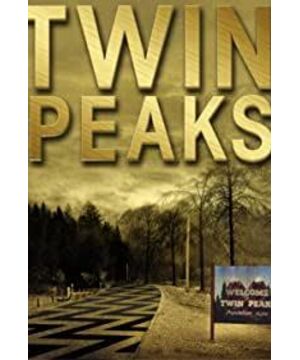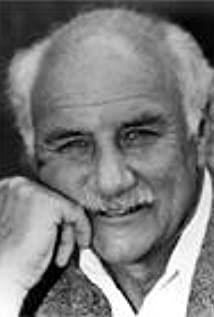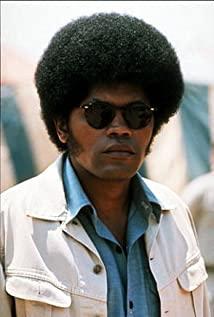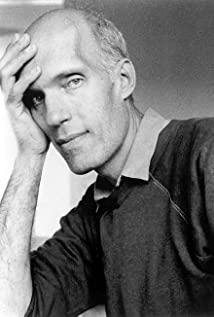The entire Shuangfeng Town is probably clean with the coffee, sweets, and fir trees controlled by Cooper. Judging from the sheer darkness of human nature in a closed small community, it has a taste of "Dog Town", but it's a bit tight. The rhythm seems to be procrastinated, and the mystery is always delayed without being revealed. The fundamental reason is that Lynch did not make it a pure suspense drama at all, and Cooper is not the only plot promoter and perspective bearer in the process of solving the case. On the contrary, more and more people are involved. Some of them are still creating fog, while others are fighting on their own to try to figure out everything. As a result, it makes everything more chaotic. Of course, this is closer to the true nature of life, but it does make the rhythm infinitely slow. What is pleasantly surprised is the BGM, let me hear the smell of Leon. However, because of the blackness of its theme, and because Lynch always slowly zoomed out the camera when the music sounded, everything had a certain kind of compassionate affection and a certain philosophical contemplation of the tragic overall secular life. But for me, the really interesting interpretation comes from the audience analysis of cultural studies. Henry Jenkins used this play in "Textual Poachers" to analyze the different interpretations of popular cultural texts by male and female audiences. His general meaning is-if I am not misunderstood: male audiences generally agree with the author's authority and tend to grammatically analyze the text, that is, pay more attention to the reliability of the plot and characters, the overall style of the director, etc.; Female audiences often have a certain "emotional realism" (emotional realism) realism), they tend to identify with the characters and emotions in the text, and on this basis combine their own life experience to interpret the text. This made me begin to reflect on the different attitudes towards the text between myself and the female vote. I went to watch "Hundred Birds Face the Phoenix" some time ago. She cried habitually, but I thought it was ridiculous. At the beginning, Barabara had a lot of values and expressions. But perhaps, it is precisely the grammatical analysis outside of the male elite, that she has formed a more active and positive relationship with the text. The reason why she cried was not because she was drugged by values and expressions, but because she was hit by a moment in the work, and this blow brought a deeper and longer life experience. Another interesting point is the intentional setting of Cooper's "out of play" (he often jumps out of a continuous plot to express his deep love for coffee, pie, and trees) in the play, and the female audience mentioned by Jenkins The enthusiasm for the basic pairing between Cooper and the sheriff really makes people feel that the trend is going round and round. It turns out that the female audience in front of the American TV more than 20 years ago is the same as the Chinese rotten girls who are mixing at station B today. A bite.
View more about Twin Peaks reviews











